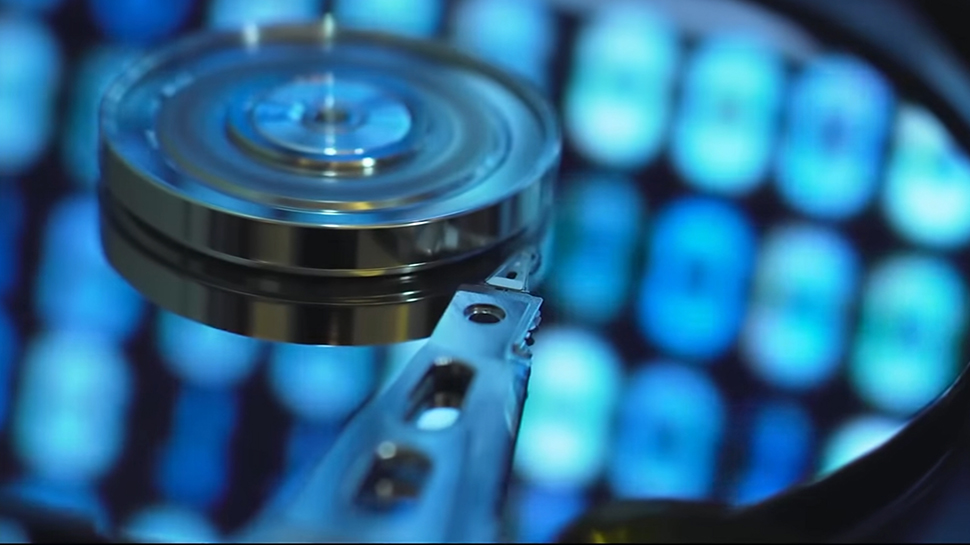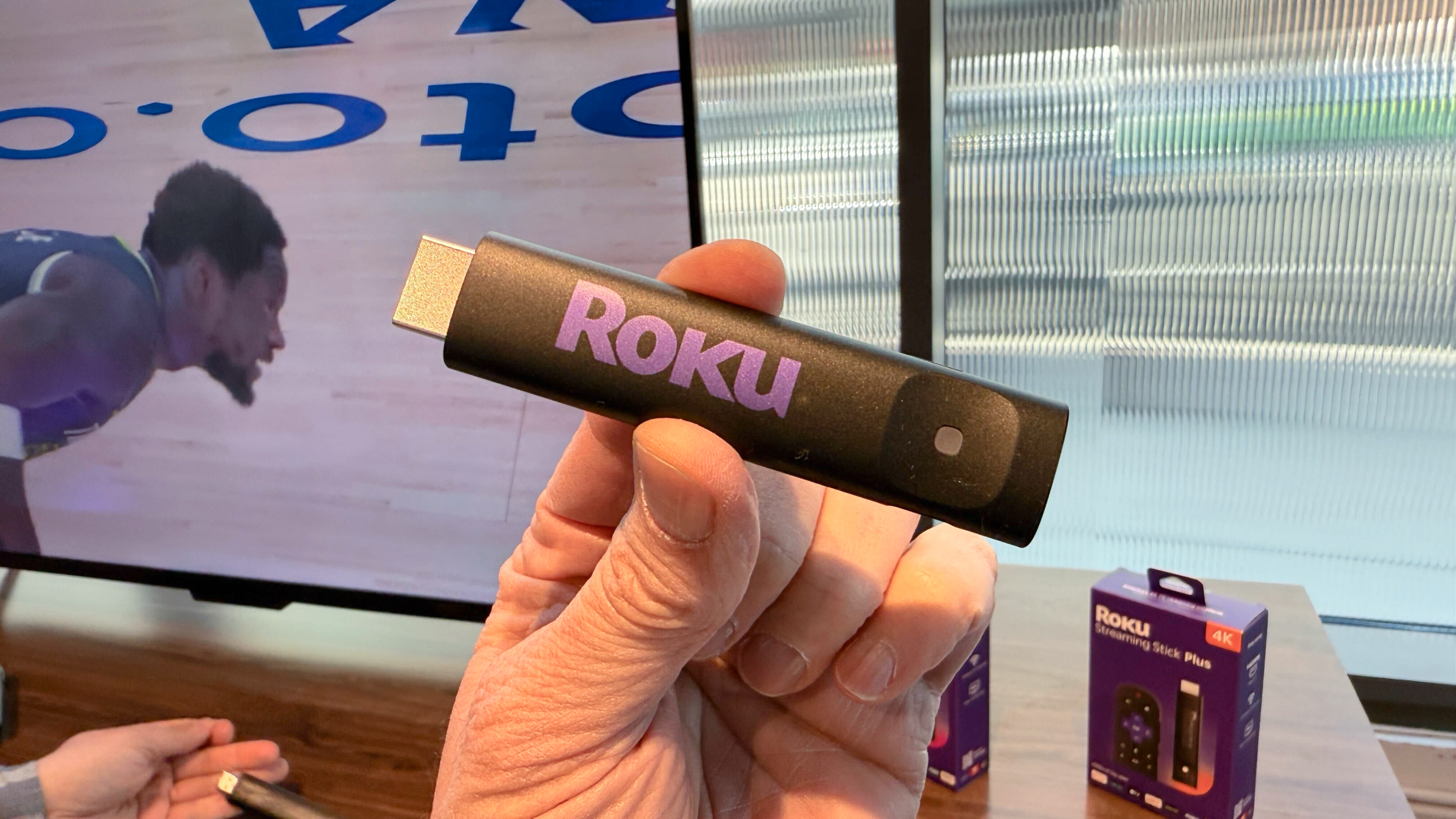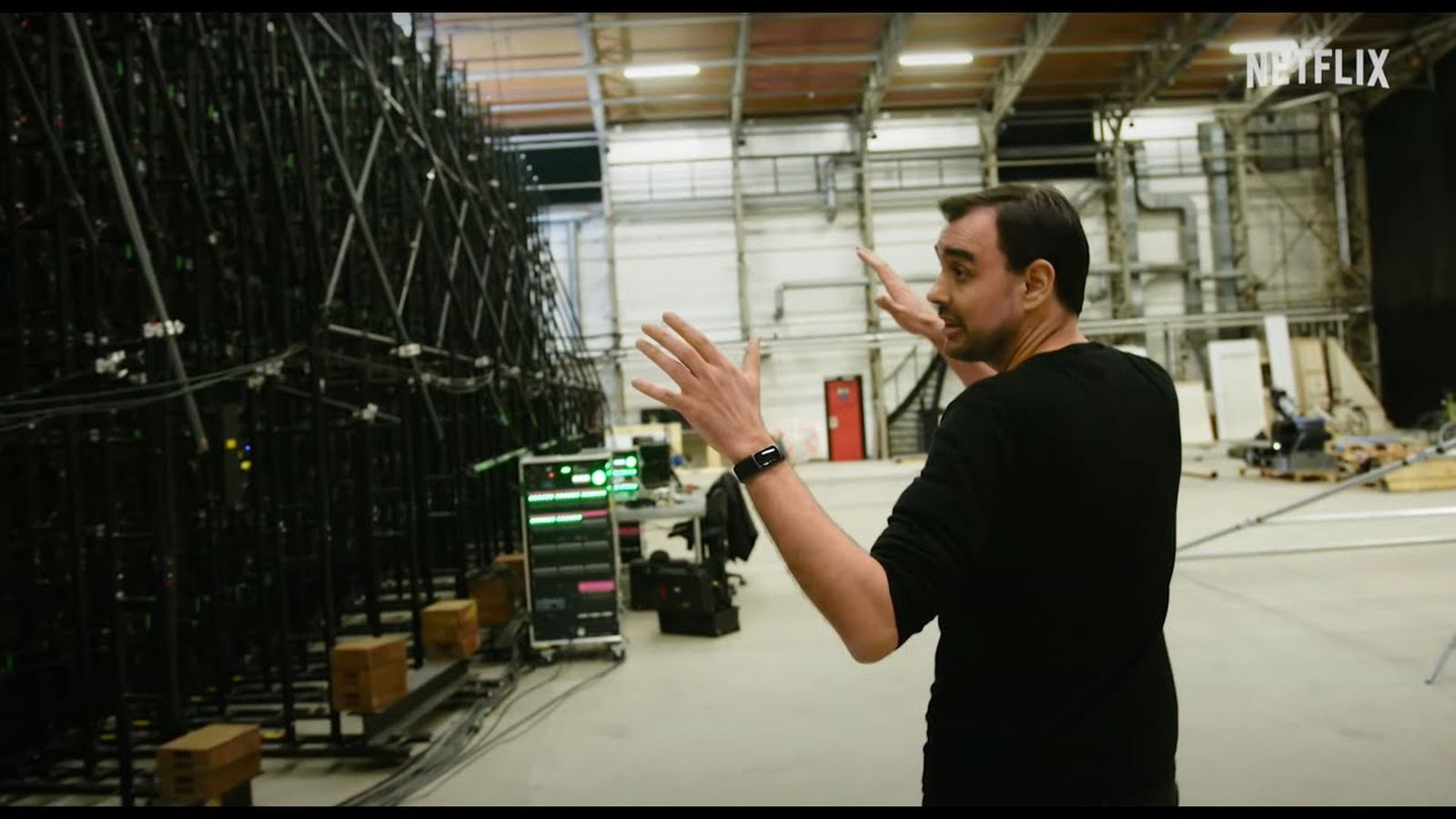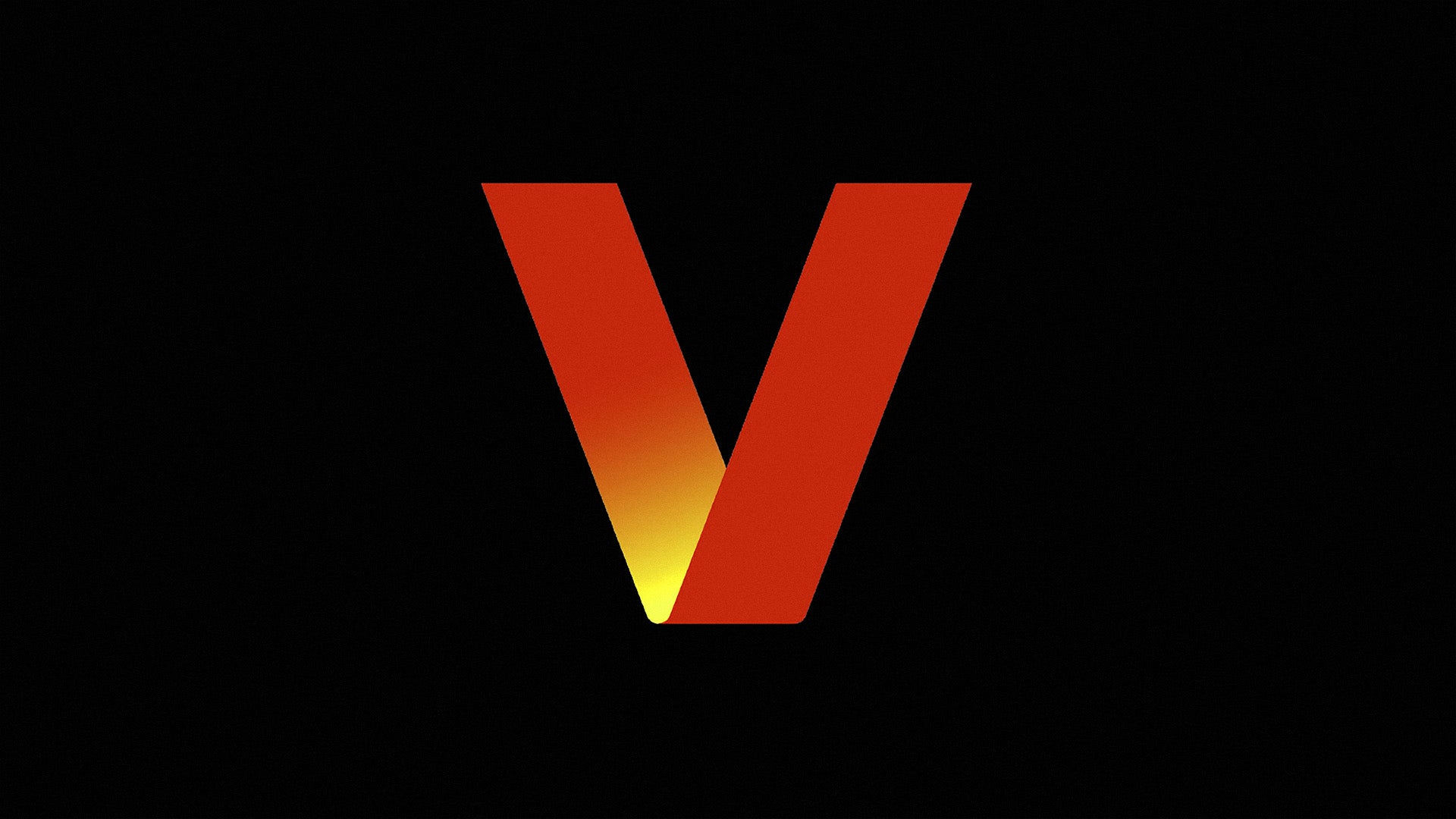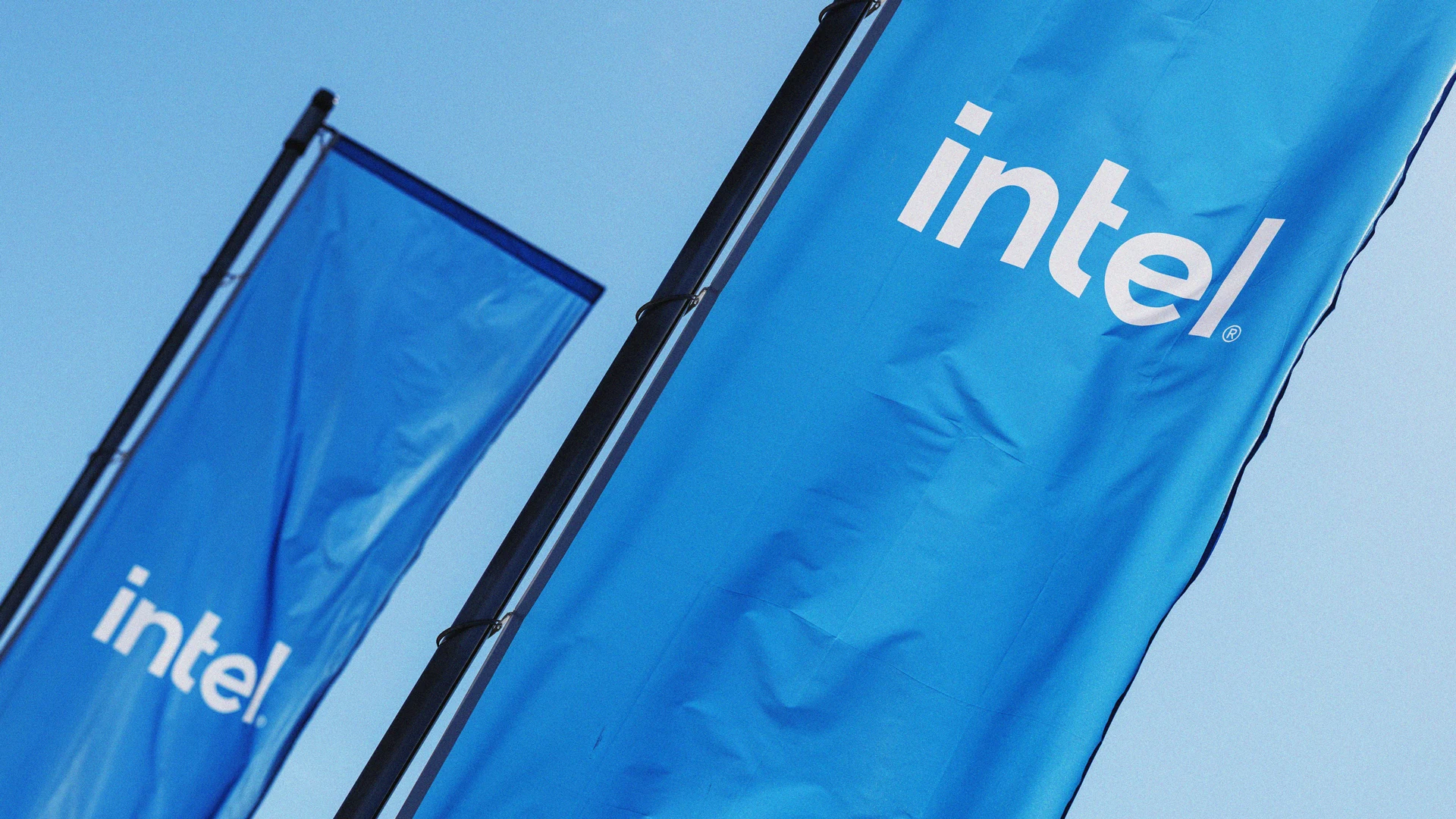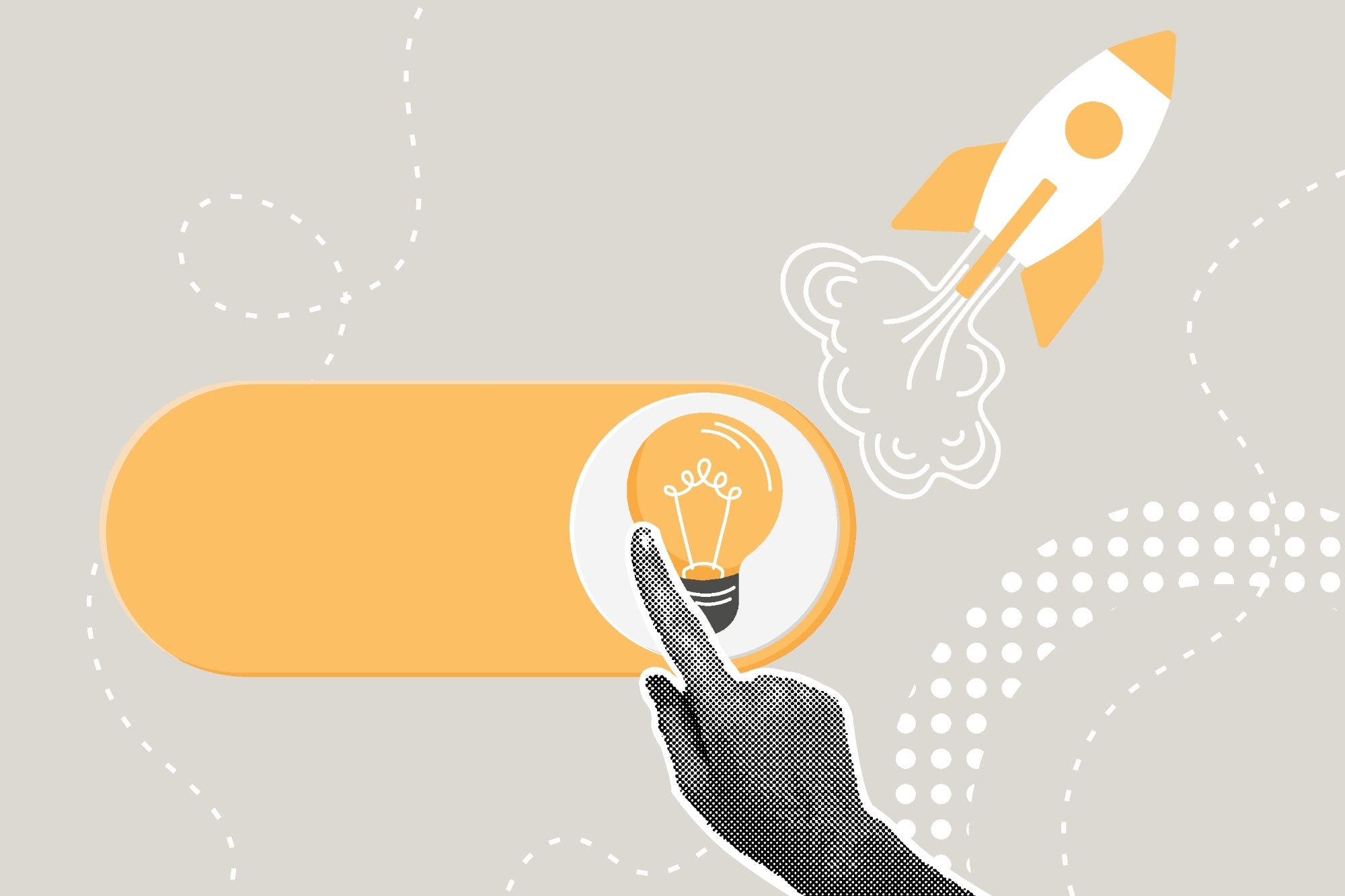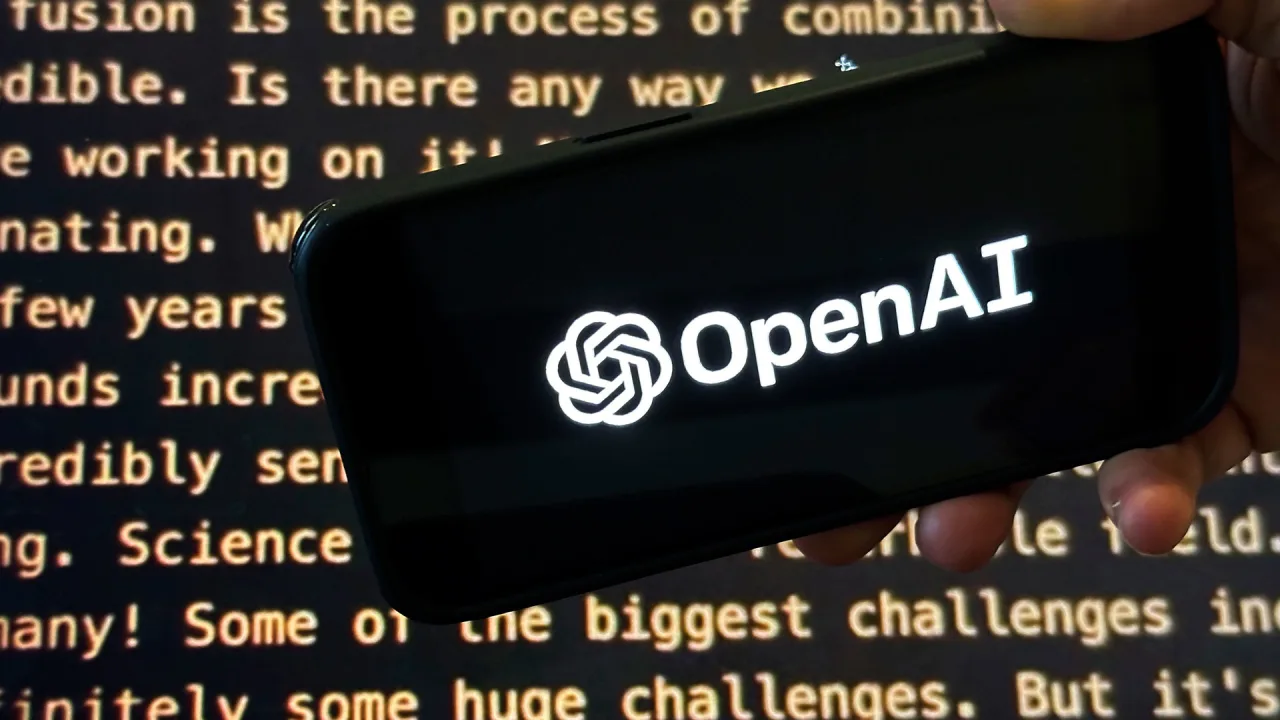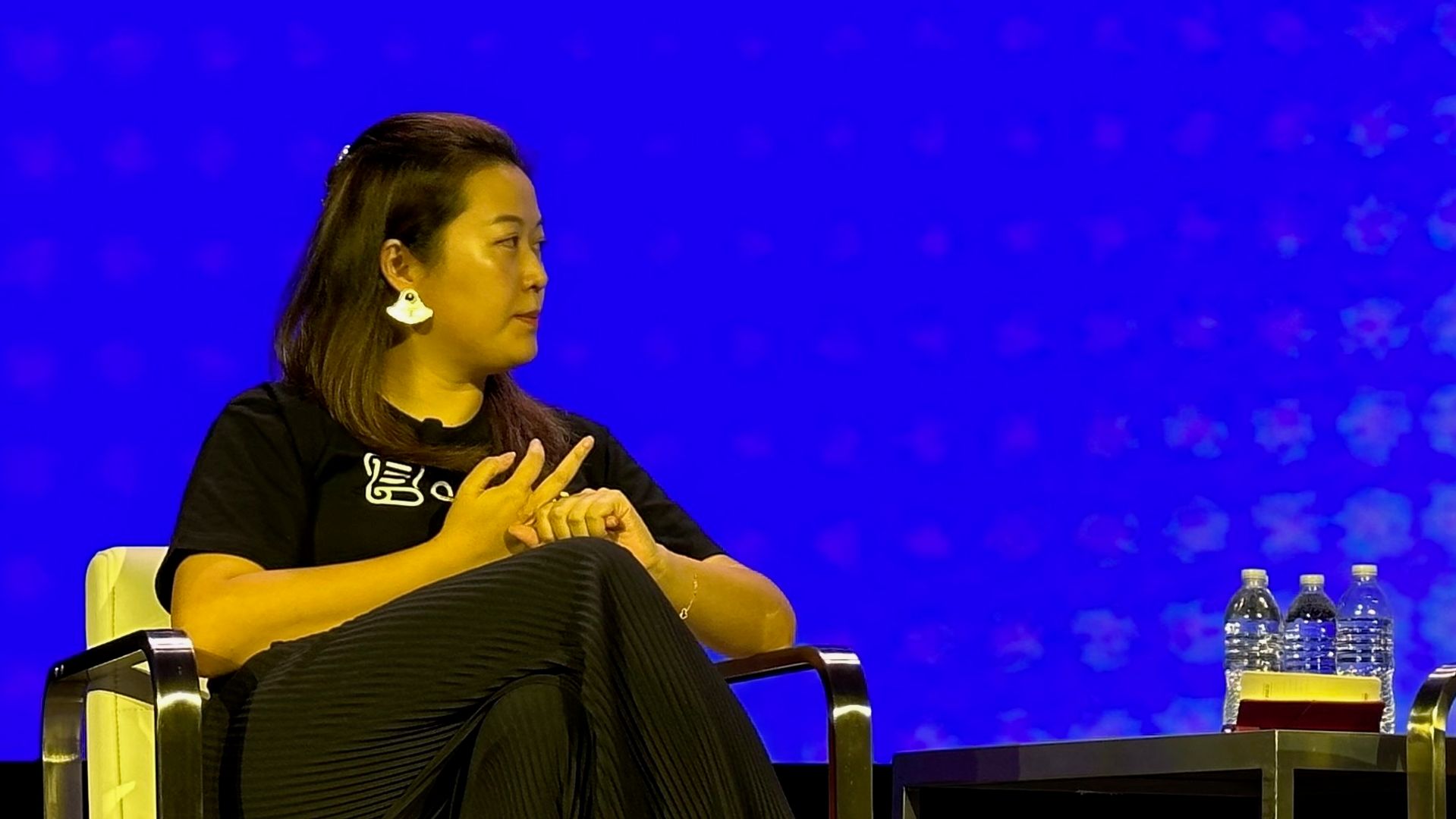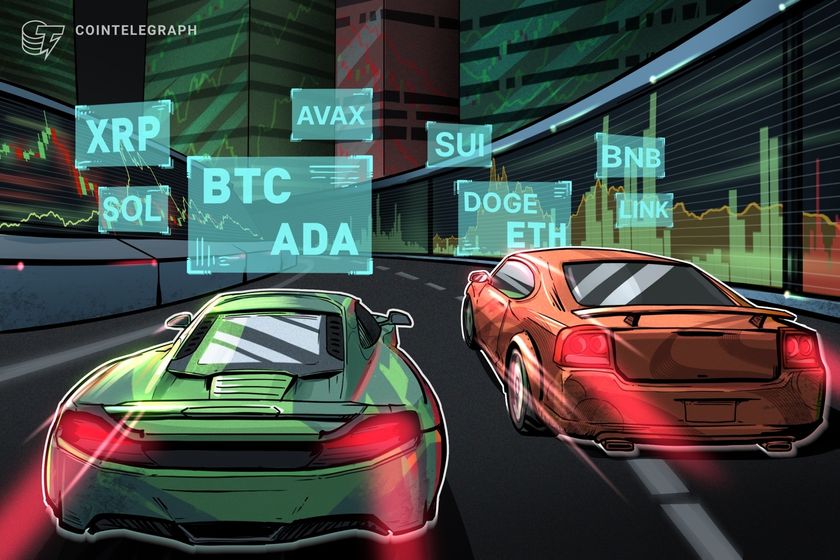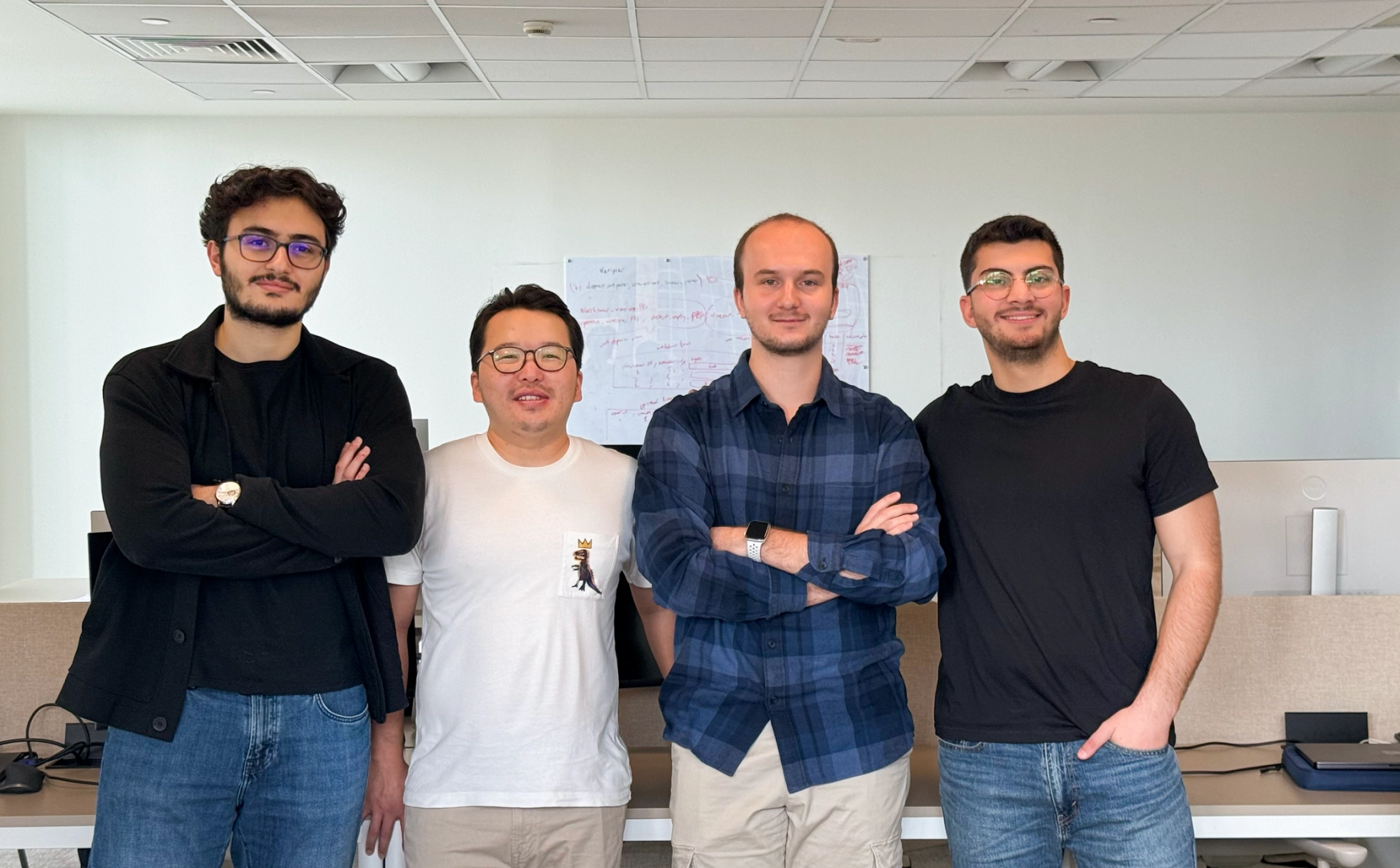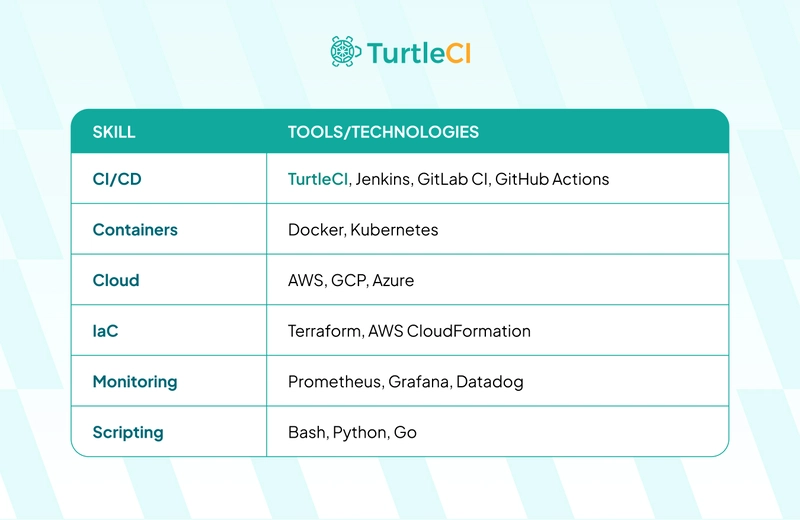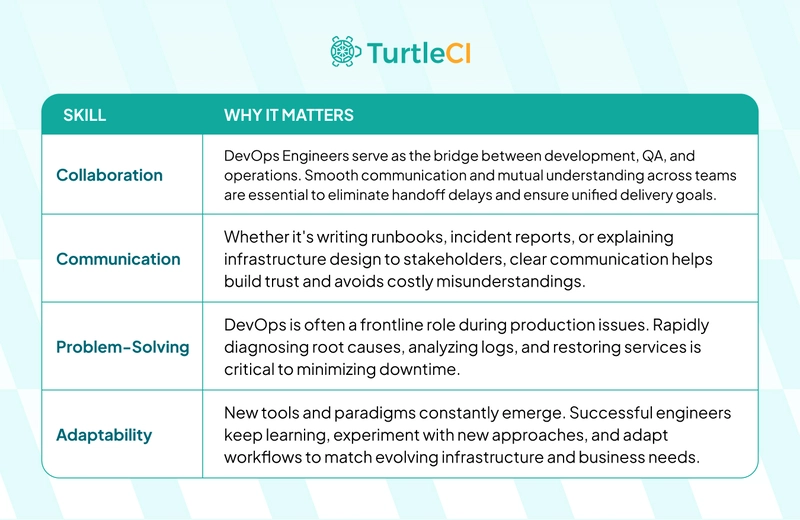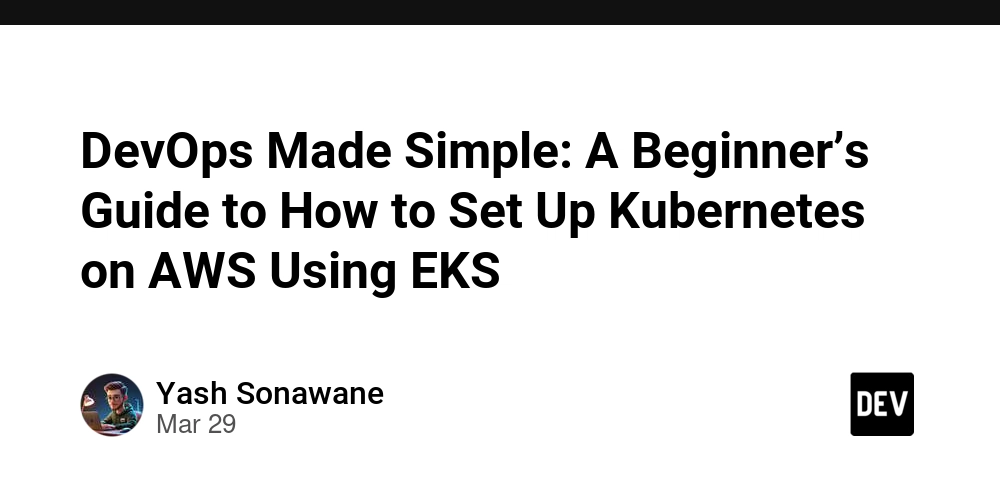DevOps Engineer Career: Skills, Salary & Roadmap for 2025
The IT industry is undergoing a seismic transformation. With cloud computing, SaaS, and agile product delivery becoming the norm, the demand for faster, more reliable software deployment is skyrocketing. Companies—from startups to global enterprises—are racing to release code faster, fix bugs quicker, and stay ahead in a competitive digital marketplace. This isn't just hype. According to Gartner, global IT spending is projected to surpass $5 trillion in 2024, while the DevOps market is on track to exceed $25 billion by 2028. At the heart of this revolution is the DevOps Engineer—the glue between development and operations. What Does a DevOps Engineer Actually Do? Definition & Role A DevOps Engineer is a technology professional responsible for automating the software development lifecycle (SDLC), streamlining deployment pipelines, and ensuring that infrastructure and applications are scalable, secure, and efficient. Their role blends the responsibilities of a developer, systems administrator, and quality assurance specialist. They build the backbone that keeps software updates flowing safely and continuously into production. Typical Responsibilities Build and manage CI/CD pipelines (e.g., with TurtleCI, Jenkins, or GitHub Actions) Automate infrastructure provisioning using Terraform or Ansible Monitor application performance with tools like Prometheus and Grafana Manage containers and orchestrate them using Docker and Kubernetes Ensure system security and compliance across cloud infrastructure Sample Job Description We're looking for a DevOps Engineer to streamline our deployment processes using TurtleCI and Kubernetes, manage AWS infrastructure as code, and implement monitoring dashboards to proactively detect issues. Example for Clarity Imagine you're part of a small team building a fintech app. Your developers push code daily. You set up a TurtleCI pipeline that: Runs tests automatically Builds Docker images Deploys to staging Notifies Slack on failures That’s DevOps in action—fast, automated, and bulletproof. Is DevOps a High-Paying Career? Absolutely. According to Glassdoor and Levels.fyi, here’s what DevOps engineers earn in the U.S.: Salaries are also rising across the globe: Europe: Mid-level DevOps Engineers earn approximately €65,000–€85,000/year (source: Payscale Germany, Payscale Netherlands). Australia: Average salary is AUD $120,000–$150,000/year (source: Hays Australia Salary Guide). Southeast Asia: In Singapore, salaries range from SGD $80,000–$130,000/year (source: Robert Walters Singapore); in Vietnam, experienced roles can reach up to $40,000/year (source: TopDev Vietnam). These figures reflect a growing regional demand for automation and cloud-native infrastructure professionals. What Skills Are Required to Become a DevOps Engineer? Before diving into specific skills, it's worth noting that hiring managers today aren’t just looking for checkbox qualifications. According to the 2023 State of DevOps Report by Puppet and CircleCI, over 70% of high-performing DevOps teams emphasized continuous learning, automation maturity, and cross-functional collaboration as key success factors. Mastery of tools is essential, but so is understanding how and why those tools impact system reliability and velocity. Hard skills These are non-negotiable. You'll be expected to automate everything—from infrastructure provisioning to deployments. Soft Skills While hard skills get your foot in the door, it's often the soft skills that determine long-term success in a DevOps career. In fact, the same 2023 State of DevOps Report emphasizes that elite-performing DevOps teams consistently excel at communication, collaboration, and problem-solving across teams. These are the foundations for smooth software delivery, system resilience, and incident response. Soft skills aren’t “nice-to-haves”—they are what differentiate great DevOps Engineers from the rest. DevOps Engineer Career in the AI Era How AI is Disrupting DevOps AI is redefining the DevOps landscape—not by replacing engineers, but by augmenting their capabilities. As the complexity of distributed systems grows, traditional monitoring and response methods are becoming inadequate. Teams now need more than human intuition; they require intelligent systems that can detect anomalies, suggest optimizations, and even auto-remediate basic issues. In this context, it's crucial for DevOps Engineers to understand which AI-augmented tools are entering the field and how they reshape workflows, from development to deployment to incident response. Tools like: GitHub Copilot can autocomplete scripts and YAML files AWS CodeGuru and CodeWhisperer analyze code for bugs and efficiency AIOps platforms (e.g., Splunk AI, Dynatrace) detect anomalies before they become outages According to McKinsey, AI has the potential to reduce IT incidents by 30–50%. But here's the truth: AI won’t replace DevOps Eng
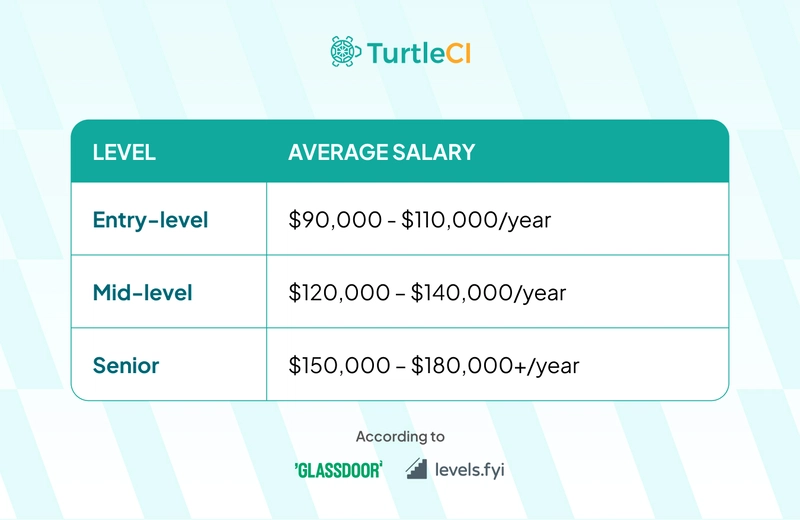
The IT industry is undergoing a seismic transformation. With cloud computing, SaaS, and agile product delivery becoming the norm, the demand for faster, more reliable software deployment is skyrocketing. Companies—from startups to global enterprises—are racing to release code faster, fix bugs quicker, and stay ahead in a competitive digital marketplace.
This isn't just hype. According to Gartner, global IT spending is projected to surpass $5 trillion in 2024, while the DevOps market is on track to exceed $25 billion by 2028.
At the heart of this revolution is the DevOps Engineer—the glue between development and operations.
What Does a DevOps Engineer Actually Do?
Definition & Role
A DevOps Engineer is a technology professional responsible for automating the software development lifecycle (SDLC), streamlining deployment pipelines, and ensuring that infrastructure and applications are scalable, secure, and efficient.
Their role blends the responsibilities of a developer, systems administrator, and quality assurance specialist. They build the backbone that keeps software updates flowing safely and continuously into production.
Typical Responsibilities
- Build and manage CI/CD pipelines (e.g., with TurtleCI, Jenkins, or GitHub Actions)
- Automate infrastructure provisioning using Terraform or Ansible
- Monitor application performance with tools like Prometheus and Grafana
- Manage containers and orchestrate them using Docker and Kubernetes
- Ensure system security and compliance across cloud infrastructure
- Sample Job Description
We're looking for a DevOps Engineer to streamline our deployment processes using TurtleCI and Kubernetes, manage AWS infrastructure as code, and implement monitoring dashboards to proactively detect issues.
Example for Clarity
Imagine you're part of a small team building a fintech app. Your developers push code daily. You set up a TurtleCI pipeline that:
- Runs tests automatically
- Builds Docker images
- Deploys to staging
Notifies Slack on failures That’s DevOps in action—fast, automated, and bulletproof.
Is DevOps a High-Paying Career?
Absolutely.
According to Glassdoor and Levels.fyi, here’s what DevOps engineers earn in the U.S.:
Salaries are also rising across the globe:
- Europe: Mid-level DevOps Engineers earn approximately €65,000–€85,000/year (source: Payscale Germany, Payscale Netherlands).
- Australia: Average salary is AUD $120,000–$150,000/year (source: Hays Australia Salary Guide).
- Southeast Asia: In Singapore, salaries range from SGD $80,000–$130,000/year (source: Robert Walters Singapore); in Vietnam, experienced roles can reach up to $40,000/year (source: TopDev Vietnam).
These figures reflect a growing regional demand for automation and cloud-native infrastructure professionals.
What Skills Are Required to Become a DevOps Engineer?
Before diving into specific skills, it's worth noting that hiring managers today aren’t just looking for checkbox qualifications. According to the 2023 State of DevOps Report by Puppet and CircleCI, over 70% of high-performing DevOps teams emphasized continuous learning, automation maturity, and cross-functional collaboration as key success factors. Mastery of tools is essential, but so is understanding how and why those tools impact system reliability and velocity.
These are non-negotiable. You'll be expected to automate everything—from infrastructure provisioning to deployments.
Soft Skills
While hard skills get your foot in the door, it's often the soft skills that determine long-term success in a DevOps career. In fact, the same 2023 State of DevOps Report emphasizes that elite-performing DevOps teams consistently excel at communication, collaboration, and problem-solving across teams. These are the foundations for smooth software delivery, system resilience, and incident response.
Soft skills aren’t “nice-to-haves”—they are what differentiate great DevOps Engineers from the rest.
DevOps Engineer Career in the AI Era
How AI is Disrupting DevOps
AI is redefining the DevOps landscape—not by replacing engineers, but by augmenting their capabilities. As the complexity of distributed systems grows, traditional monitoring and response methods are becoming inadequate. Teams now need more than human intuition; they require intelligent systems that can detect anomalies, suggest optimizations, and even auto-remediate basic issues.
In this context, it's crucial for DevOps Engineers to understand which AI-augmented tools are entering the field and how they reshape workflows, from development to deployment to incident response.
Tools like:
- GitHub Copilot can autocomplete scripts and YAML files
- AWS CodeGuru and CodeWhisperer analyze code for bugs and efficiency
- AIOps platforms (e.g., Splunk AI, Dynatrace) detect anomalies before they become outages
According to McKinsey, AI has the potential to reduce IT incidents by 30–50%.
But here's the truth: AI won’t replace DevOps Engineers—it’ll replace repetitive tasks. What’s irreplaceable? The ability to design systems, secure them, and resolve edge-case failures that no AI can predict.
Development Tips
To navigate this shift, DevOps Engineers must become strategic learners—constantly updating their toolkit and mindset. AI won't replace your role, but it will rewrite how you work. The best way forward is to lean into these changes, not resist them.
By developing a strong understanding of system architecture, security, and the data flows within your pipelines, you position yourself as a critical thinker—not just a tool user. These capabilities can’t be automated.
Below are practical ways to evolve your DevOps career in the AI era:
- Embrace AI tools as collaborators
- Stay sharp on system design and architecture
- Specialize in security, cloud optimization, or observability—fields AI still can’t fully own
Essential Tools Every DevOps Engineer Should Know
Please check the full article to explore more!























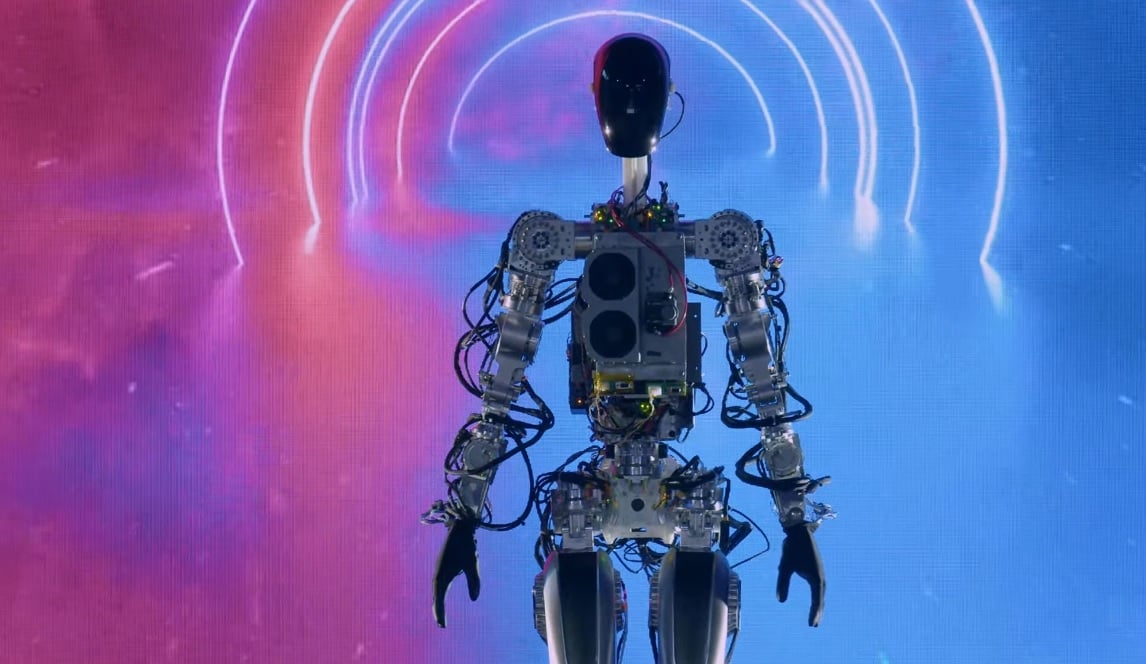


















































































































































![[The AI Show Episode 144]: ChatGPT’s New Memory, Shopify CEO’s Leaked “AI First” Memo, Google Cloud Next Releases, o3 and o4-mini Coming Soon & Llama 4’s Rocky Launch](https://www.marketingaiinstitute.com/hubfs/ep%20144%20cover.png)















































































































![Is This Programming Paradigm New? [closed]](https://miro.medium.com/v2/resize:fit:1200/format:webp/1*nKR2930riHA4VC7dLwIuxA.gif)


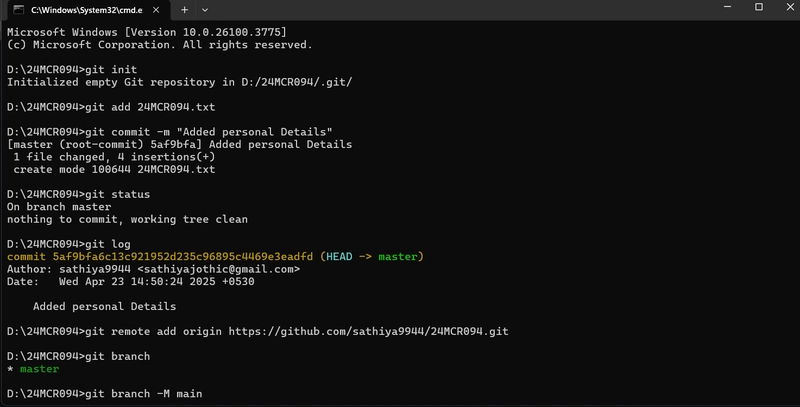
















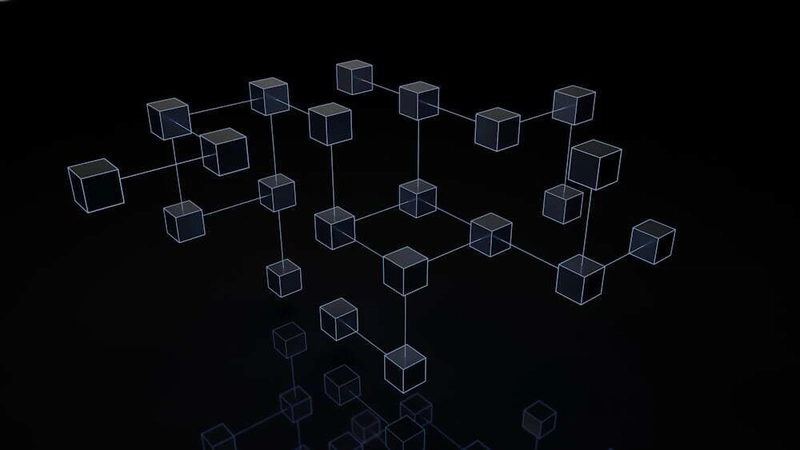














































































































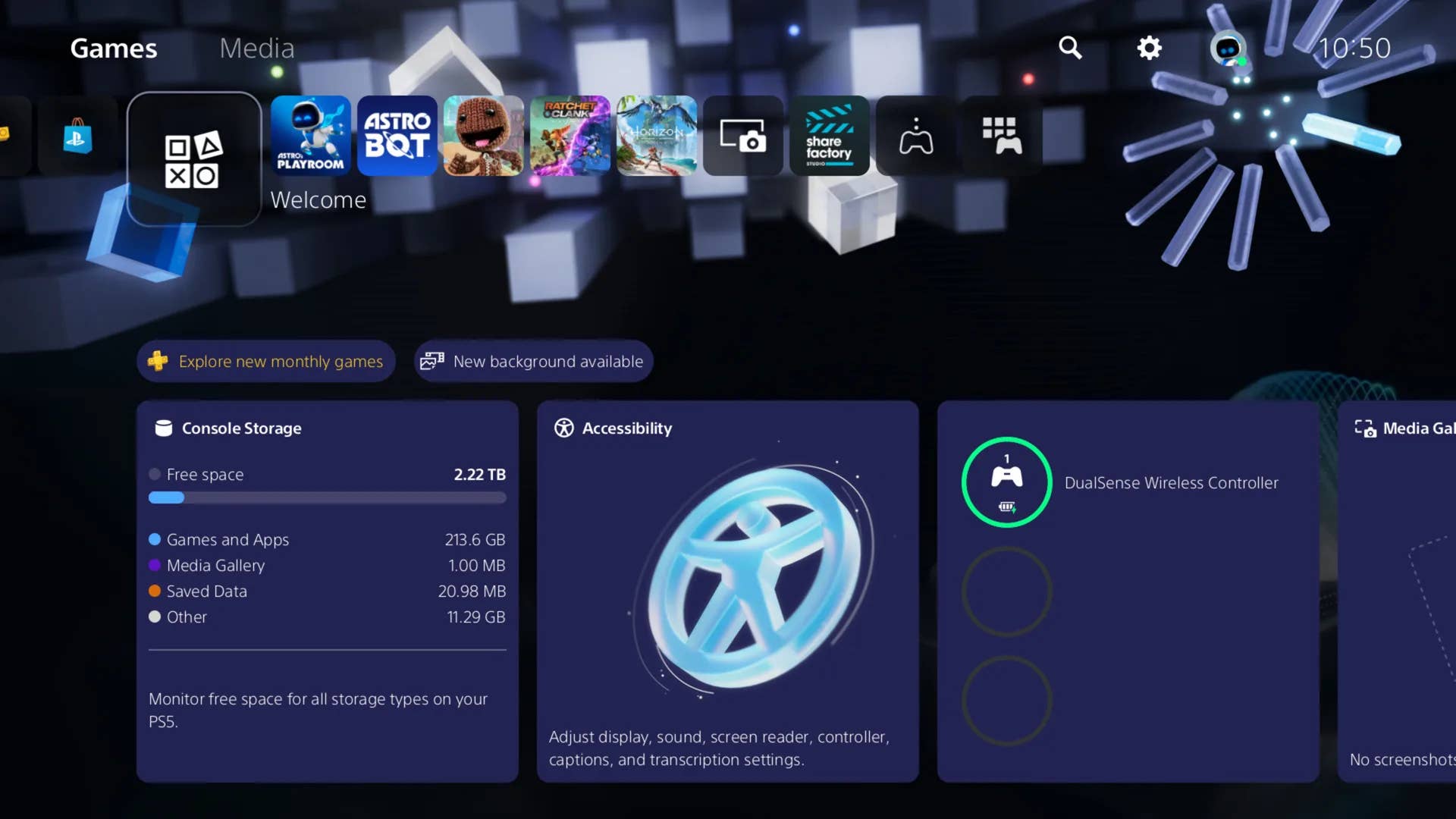
-Classic-Nintendo-GameCube-games-are-coming-to-Nintendo-Switch-2!-00-00-13.png?width=1920&height=1920&fit=bounds&quality=70&format=jpg&auto=webp#)




























_Wavebreakmedia_Ltd_FUS1507-1_Alamy.jpg?width=1280&auto=webp&quality=80&disable=upscale#)



















































































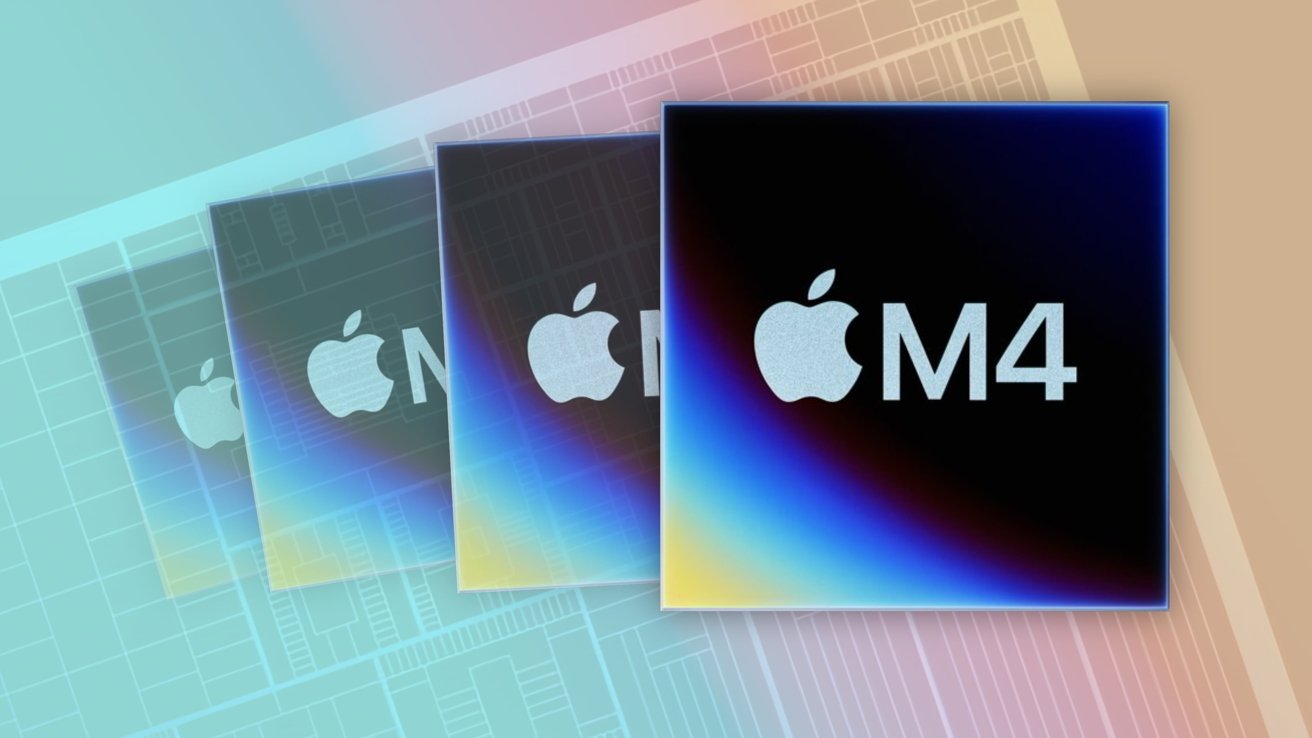































![New iPhone 17 Dummy Models Surface in Black and White [Images]](https://www.iclarified.com/images/news/97106/97106/97106-640.jpg)


![Hands-On With 'iPhone 17 Air' Dummy Reveals 'Scary Thin' Design [Video]](https://www.iclarified.com/images/news/97100/97100/97100-640.jpg)

















